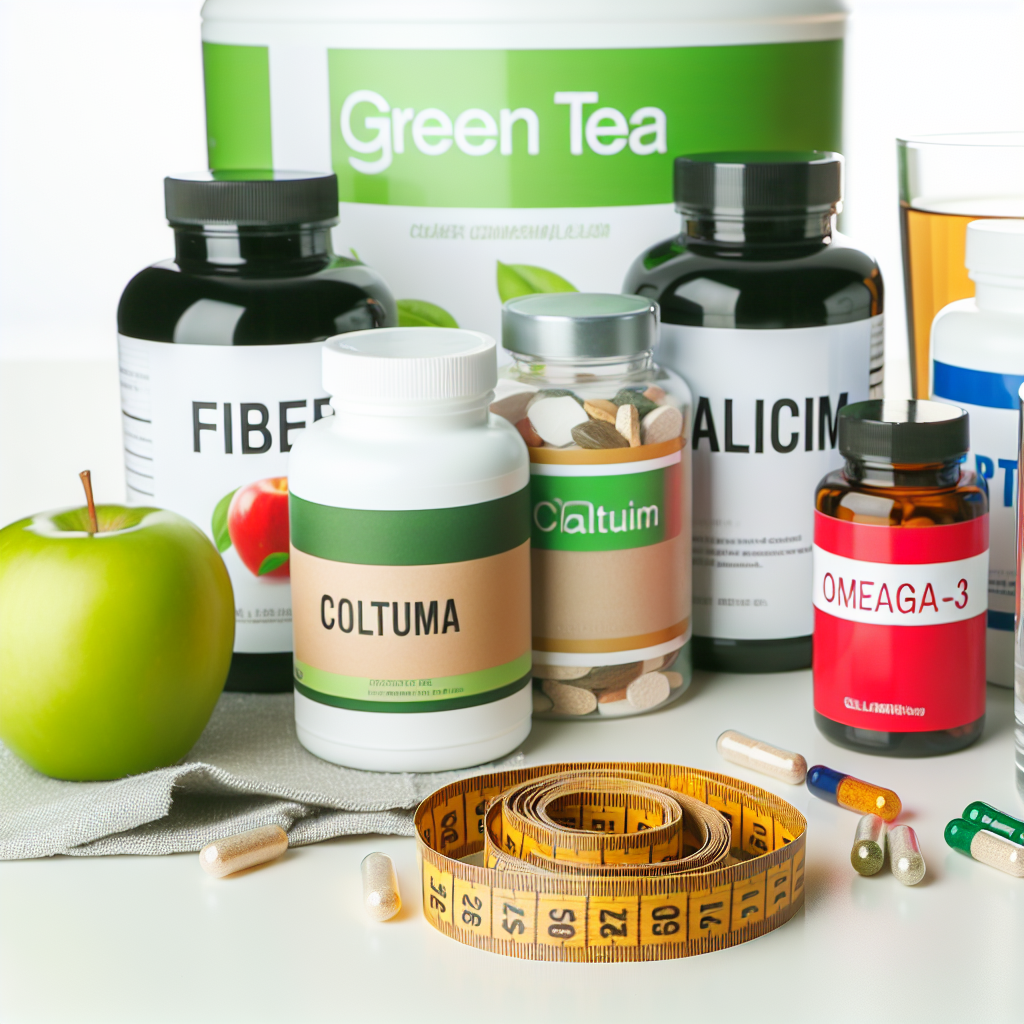Losing weight can be challenging—we’ve all been through those moments of doubt when progress feels stagnant. Despite consistent efforts with healthy eating and exercise, something still seems to be missing. Here’s the good news: vitamins might be the missing puzzle piece in your weight-loss journey.
Don’t misunderstand—vitamins are no magic bullet. But they play essential roles in supporting processes like energy production, metabolism regulation, and fat burning. When included as part of a balanced diet and active lifestyle, the right vitamins can give your body the boost it needs to shed pounds more efficiently.
In this article, you’ll learn about the top vitamins for weight loss, how they work, and practical ways to incorporate them into your routine naturally.
How Vitamins Influence Weight Loss
Think of vitamins as your body’s “maintenance crew.” They help regulate essential processes like energy conversion, hormone balance, and fat metabolism. Without proper vitamin levels, your body might struggle to use stored fat as energy or keep your metabolism running efficiently.
For example, Vitamin B12 assists in breaking down food to fuel your day. Meanwhile, Vitamin D plays a critical role in controlling insulin sensitivity, which determines how and where fat is stored. Missing out on these nutrients can leave your metabolism slowed and your body fatigued, making weight loss feel impossible. By replenishing your vitamin levels, you’re giving your body tools to function better and achieve your goals.
Top Vitamins to Support Weight Loss
-
Vitamin D: Regulating Fat Storage
Known as the “sunshine nutrient,” Vitamin D is vital for regulating how fat is stored in your body. If your Vitamin D levels are low, your metabolism may struggle to use fat efficiently, making weight gain more likely.
If you spend most of your time indoors, you might not be getting enough Vitamin D. Include foods like salmon, fortified dairy, and egg yolks in your meals. For an extra boost, take a walk outside during midday—for about 10–15 minutes—to let your body naturally produce this crucial nutrient.
-
Vitamin B12: Energy for an Active Lifestyle
Do you often feel exhausted halfway through the day? This could be a sign of low Vitamin B12. It helps your body convert the food you eat into energy, enabling you to stay active and stick to your workouts.
Foods like lean meats, fish, eggs, and dairy are excellent sources of B12. However, if you’re following a vegan or vegetarian diet, you may need a B12 supplement, as many plant-based diets lack this nutrient. Consult your healthcare provider to explore options tailored to your needs.
-
Vitamin C: Supporting Fat Oxidation
Most people associate Vitamin C with immune health, but did you know it also plays a role in fat oxidation? This process turns stored fat into energy during physical activity, making every workout more effective.
Incorporating sources like oranges, grapefruits, or strawberries into your meals is an easy way to increase your Vitamin C intake. A personal favorite? Adding lemon slices to water—it’s refreshing and packed with benefits.
-
Vitamin E: Fighting Inflammation
Vitamin E is another antioxidant powerhouse that benefits more than just your skin. It helps manage inflammation in the body, allowing hormones like insulin to function properly, which is essential for controlling fat storage.
Snack on almonds, add sunflower seeds to your salad, or spread avocado on whole-grain toast. These simple choices can reduce inflammation and help regulate fat metabolism naturally.
-
Choline: Aiding Fat Metabolism
While less well-known than other weight-loss-friendly nutrients, Choline is essential for optimal fat metabolism. It helps your liver process fat efficiently, ensuring you use stored energy rather than retaining excess fat.
Eggs are among the best sources of Choline, making them a great breakfast choice to kickstart your day. Other options include broccoli, cauliflower, and lean chicken—foods that are easy to integrate into your meals.
Other Nutrients That Support Weight Loss
While vitamins are important, don’t overlook the role of other key nutrients. Minerals like magnesium and zinc contribute to efficient energy production and immune support, which are critical for staying active. Meanwhile, omega-3 fatty acids from salmon, walnuts, and flaxseeds regulate hormones tied to fat storage and breakdown.
Fiber, found in legumes, whole grains, and leafy greens, can also prevent overeating by keeping you full longer, making it an essential part of any weight-loss meal plan.
To maximize the benefits of vitamins and nutrients, make sure to pair them with regular exercise, proper hydration, and a consistent sleep schedule. These habits create the conditions your body needs to thrive while burning calories efficiently.
Do You Need Vitamin Supplements?
Vitamin supplements can be helpful, but they aren’t always necessary. A balanced diet full of whole foods often provides the nutrients your body needs. Supplements may be useful for individuals with specific deficiencies, like low Vitamin D levels due to minimal sun exposure or Vitamin B12 challenges in vegan diets.
If you’re considering supplements, consult a healthcare provider to ensure they’re appropriate for you. Over-supplementing can cause side effects or disrupt natural processes, so it’s always better to seek professional advice.
The Final Takeaway
Vitamins won’t make weight loss effortless, but they can be powerful allies in helping you get the results you want. By supporting energy production, metabolism, and fat burning, nutrients like Vitamin D, Vitamin B12, and Vitamin C can make weight-loss efforts feel more rewarding.
To get started, prioritize vitamin-rich foods like salmon, citrus fruits, eggs, and spinach. Pair these choices with daily habits like exercise, hydration, and proper sleep to create a sustainable and healthy lifestyle.
Remember, small changes add up. With a little consistency, you’ll be amazed at how your body transforms—and how your energy improves along the way.
